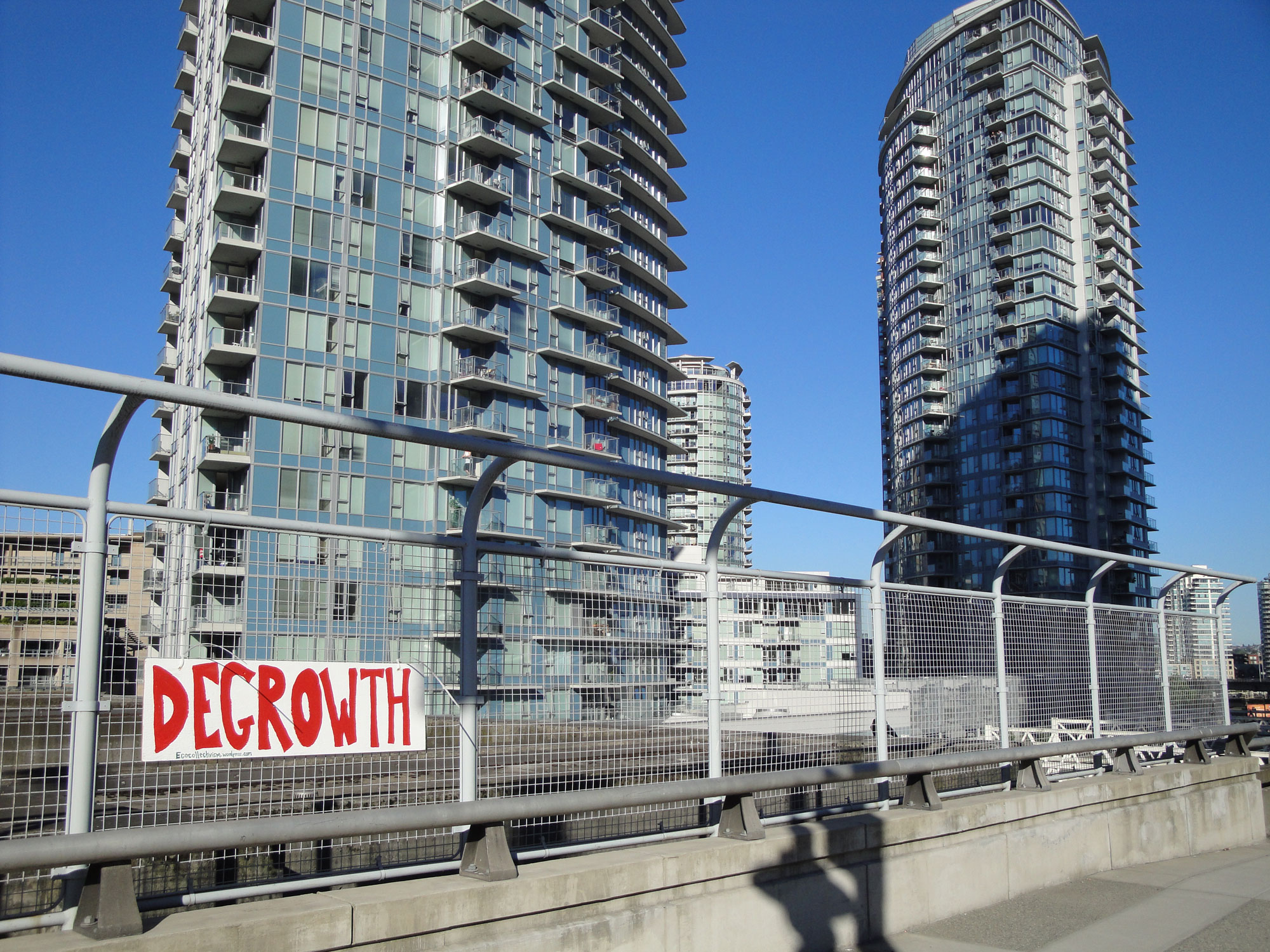Read the full version of the open letter here
The current economic downturn is not Degrowth, even if some people misleadingly call it that. Degrowth means ensuring everybody's basic needs are met by transforming our societies. With policies in place to do that, we could shut down much of the economy for months and everyone would still have enough food, shelter, and healthcare. In a Degrowth society, with relocalized economies, a pandemic like COVID-19 would be less likely, would spread less, and would cause less suffering. The economic crisis triggered by the pandemic is related to our dependence on growth. All interested individuals and organizations are invited to engage in an open debate to re-envision economy and society in the wake of the corona crisis. From May 29 to June 1, the (now online) international conference “Degrowth Vienna 2020: Strategies for a Social Ecological Transformation” will be held, and the Global Degrowth Day on June 6th.Catalan Croatian Danish Dutch French German Greek Hungarian Italian Korean Mandarin Portuguese Russian Slovenian Spanish Swedish Turkish
The Support Group of the International Conferences on Degrowth for Ecological Sustainability and Social Equity met in Villarceaux, outside Paris, at the end of January. It was decided that the 7th International Degrowth Conference will take place in Manchester at the beginning of September 2020. The Manchester local organising committee sent a very strong application titled "Building Alt...
Küche für Alle [Kitchen for all] from Marc Menningmann on Vimeo. Next to discussing and presenting, people also ate and cooked on the Degrowth Conference which took place in Leipzig last year. The "Kitchen for all" is a group of People's kitchens which cooked for and with the conference participants to provide food every lunch and dinner.

By Giorgos Kallis The ecomodernist manifesto is the latest and most visionary document under the auspices of the ‘post-environmentalist’ think-tank the Breakthrough Institute. I first heard the Institute’s founders Ted Nordhaus and Michael Shellenberger speak at Berkeley some eight years ago, presenting their case for the “death of environmentalism” (hence the ‘post’ prefix). For half of the p...